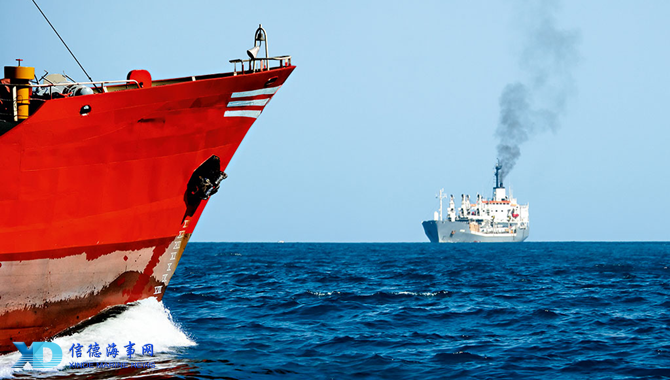
The International Maritime Organization (IMO) adopted regulations in 2008 that have been incorporated into Annex VI of the International Convention for the Prevention of Pollution from Ships (MARPOL Convention). The IMO regulations contained in Annex VI will reduce and limit sulfur content in all marine fuels to 0.5 percent m/m (mass by mass) by January 1, 2020. The reduction is a significant increase over the current threshold of 3.5 percent m/m. The purpose of the regulations is to reduce overall sulfur oxide emissions, a major contributor to acid rain and respiratory problems, which should have environmental and health benefits worldwide. Populated port and coastal areas will likely be the greatest beneficiaries.
The IMO is pressing forward with the change that is causing serious adjustments in the marine shipping industry. The overall impact will be an approximate reduction of 85 percent of sulfur emissions. While there is no doubt that this reduction will reap intended benefits, it will require significant effort and cost to adjust by 2020.
Notably, two large by-products of the new regulations are the stockpiles of soon-to-be non-compliant bunker fuels, and the preparation of vessels for the newly modified fuel. The cost born by shippers will be passed onto customers in the form of various surcharges that are currently the subject of vigorous debate. Some shippers have argued for the retrofit installation of scrubbers as opposed to utilizing the sulfur-reduced fuel. The underpinning of this argument in support of installation of scrubbers is that net effect of pollution reduction is similar and it comes from a one-time capital expense rather than ongoing fuel surcharges. Aside from the potential reduction in cargo space, it side steps the greater purpose of seeking permanent solutions with more environmentally friendly fuels.
Necessary compliance with the Annex VI regulations is a forgone conclusion. The challenge will be how to accomplish the purpose of the regulations. Many questions remain unanswered and will need to be watched closely by those industries impacted by the regulations. Monitoring, true cost for implementation, impact on machinery with revised fuels, phasing out bunker fuel supplies and enforcement are all issues subject to debate at the present. The shipping industry is still grappling with how to ensure compliance by January 1, 2020. This makes 2019 a critical preparation year for what will undoubtedly be a major adjustment.
Sources: Lane Powell PC
Please Contact Us at:
admin@xindemarine.com


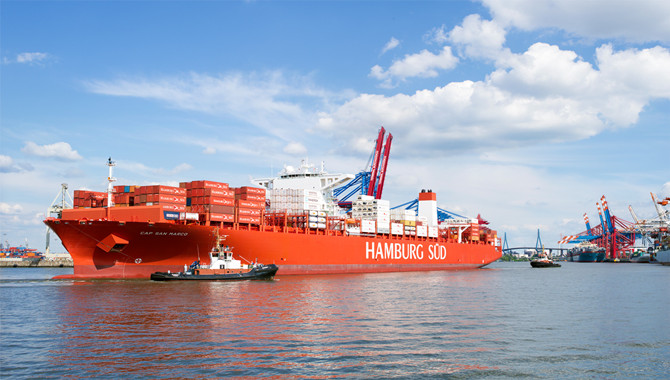 Maersk to integrate Hamburg Süd and Sealand
Maersk to integrate Hamburg Süd and Sealand 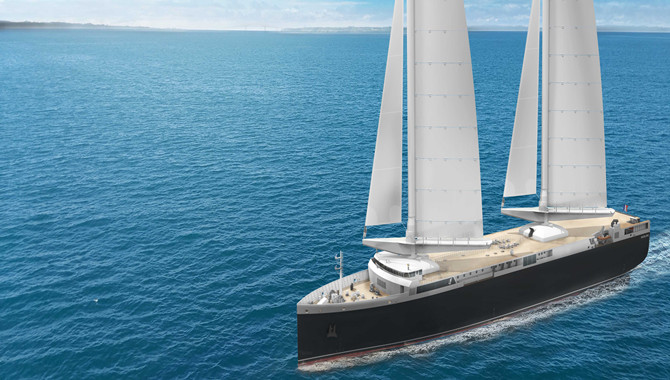 Launch of the construction of the first Ro-Ro saili
Launch of the construction of the first Ro-Ro saili 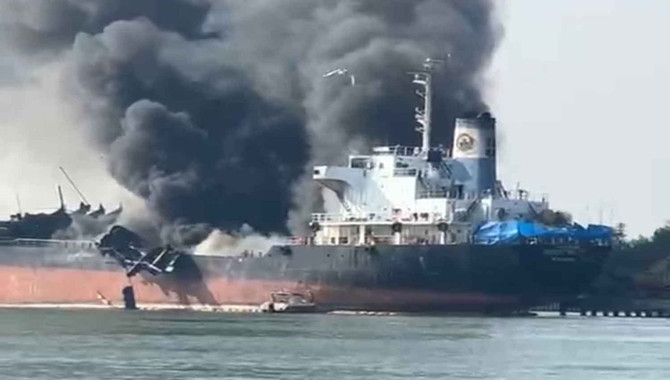 Oil tanker explosion kills at least 3 in central Th
Oil tanker explosion kills at least 3 in central Th 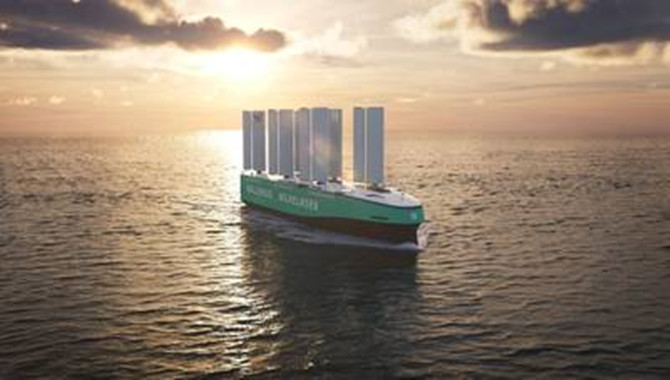 Wind-powered RoRo Vessel Secures €9 Million in EU
Wind-powered RoRo Vessel Secures €9 Million in EU 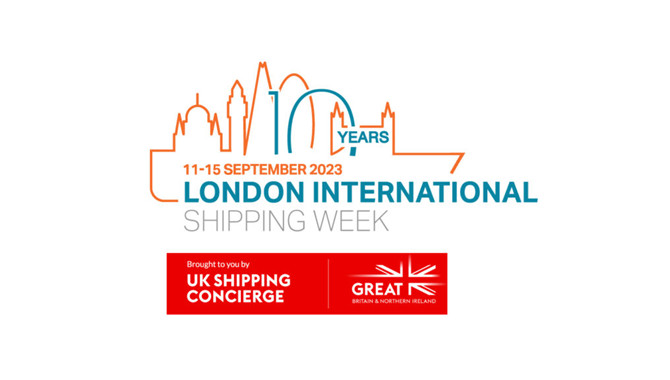 London plays a pivotal role as shipping seeks to re
London plays a pivotal role as shipping seeks to re  Shell unveils five energy sector trends to watch in
Shell unveils five energy sector trends to watch in